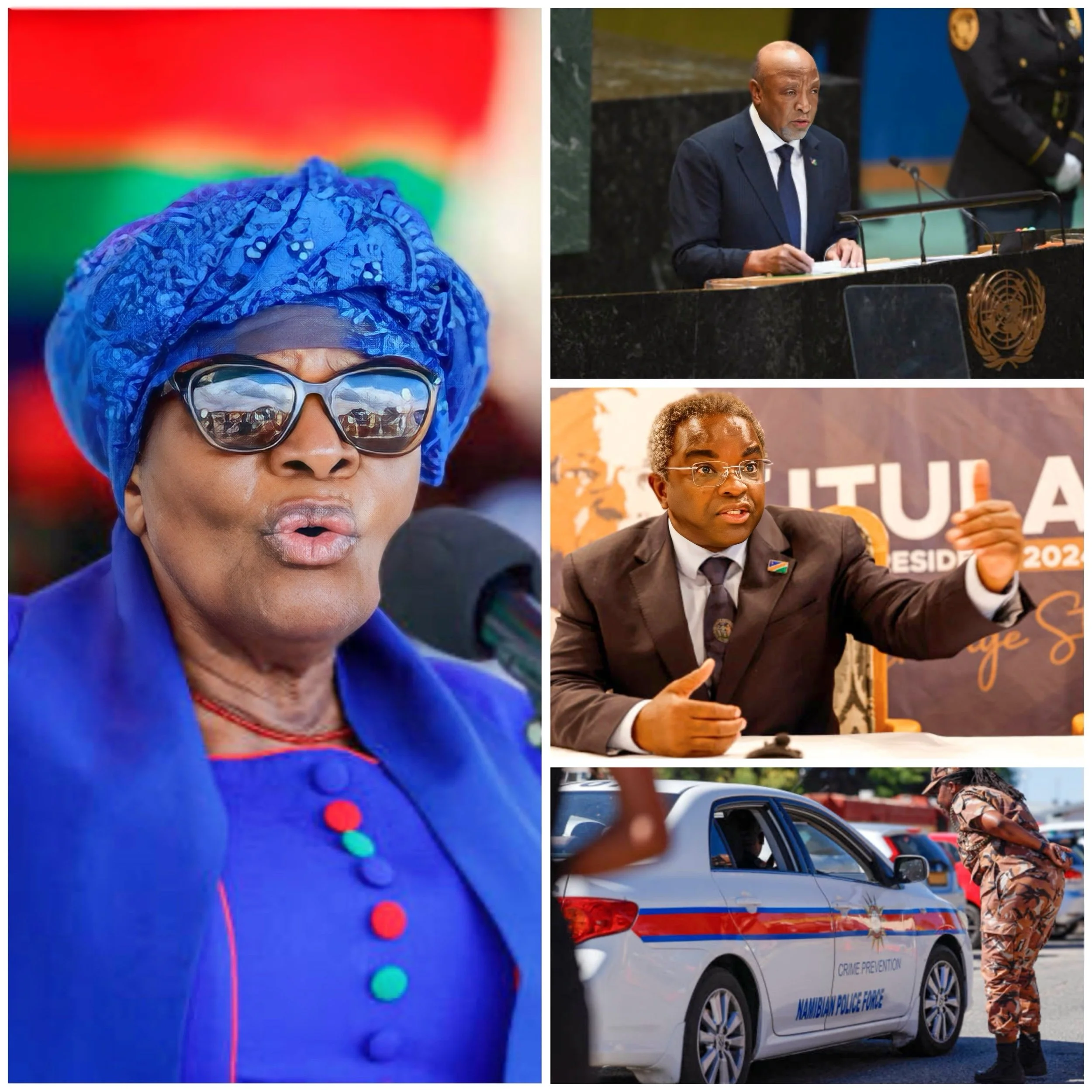Netumbo Nandi-Ndaitwah elected as first female Presisdent of Namibia
Introduction
The recent elections in Namibia have indeed been marred by chaos and disputes, reflecting a broader trend of electoral challenges and shifting political landscapes in southern Africa and beyond. In midst of chaos finally Namibia has elected Netumbo Nandi-Ndaitwah as the country’s first female president.
Namibia’s Election Chaos
Namibia’s 2024 presidential and parliamentary elections faced significant issues:
Logistical problems, including ballot paper shortages and malfunctioning electronic tablets for voter registration
Extended voting period from the original Wednesday to Saturday due to these issues
Opposition claims of electoral malpractice and irregularities
The main opposition candidate, Panduleni Itula of the Independent Patriots for Change (IPC), has stated that his party will not recognize the election results, citing “obvious and irrefutable” electoral irregularities.
Early Results and Opposition Response
Partial results show the ruling SWAPO party’s candidate, Vice President Netumbo Nandi-Ndaitwah, leading with about 56% of the vote
Opposition parties, led by the IPC, have vowed to challenge the election’s validity in court
The IPC has encouraged citizens who were unable to vote due to electoral mismanagement to report their experiences to the police
Regional and Global Trends
This electoral chaos in Namibia is part of a broader trend in southern Africa and globally:
Declining Support for Liberation-Era Parties
In South Africa, the African National Congress (ANC) lost its majority for the first time since 1994
Botswana’s ruling party lost power after 58 years of governance
Mauritius saw a significant defeat of its ruling party
Challenges to Electoral Integrity
Mozambique’s recent election faced accusations of fraud, leading to ongoing protests
Similar issues have been observed in various countries globally, with opposition parties increasingly challenging election results
Youth Disillusionment
Younger voters across southern Africa are rejecting traditionally dominant liberation-era parties
High youth unemployment and persistent inequalities are eroding support for long-standing ruling parties
Rise of Opposition Movements
Opposition parties are gaining traction by capitalizing on voter dissatisfaction with established political orders
Increased willingness to challenge election results through legal and public means
Technical and Logistical Challenge
Many countries are grappling with the implementation of new voting technologies and systems
Logistical issues in organizing elections, particularly in geographically large or diverse countries, are common
Conclusion
This trend of electoral disputes and challenges to long-standing political orders is not unique to Namibia or southern Africa. It reflects a global pattern of increased political polarization, growing demands for transparency and accountability, and the challenges faced by established political systems in addressing contemporary issues.






